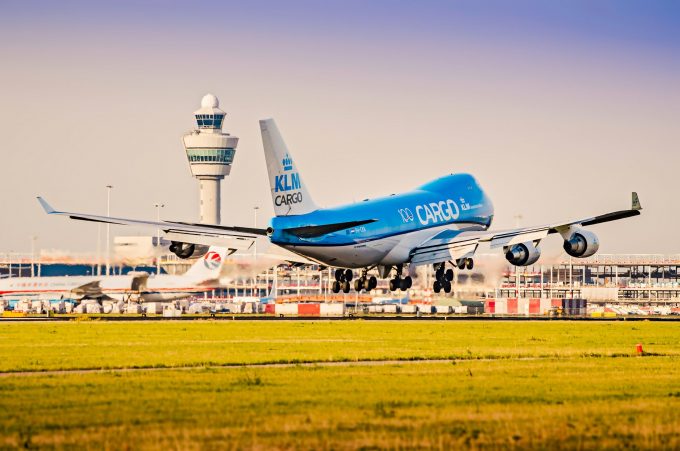Industry starting to reap benefits of AI – but risks grow alongside
2024 is the year organisations will begin deriving business value from AI, according to consultancy ...

This month, Amsterdam Airport Schiphol has done away with conventional paper station declarations and made automated nomination, an AI-driven declarations procedure, mandatory.
Before its arrival, ground handlers would have to wait for freight to arrive before combing through paper documents to nominate a forwarder to handle ...
CMA CGM South Korean staff strike over bonuses after bumper 2024 profit
'Another painful headache for shippers' as Asia-N Europe rate rally ends
Amazon Air Cargo partners-up for new transpacific route into the US
MSC switches two more Asia-Europe port calls from congested Antwerp
Ports and supply chain operators weigh in on funding for CPB
Nightmare for Bangladeshi exporters as congestion and tariffs bite
Carriers introduce surcharges as congestion builds at African ports
CMA airline returns two freighters, while ANA takeover of NCA looms

Comment on this article